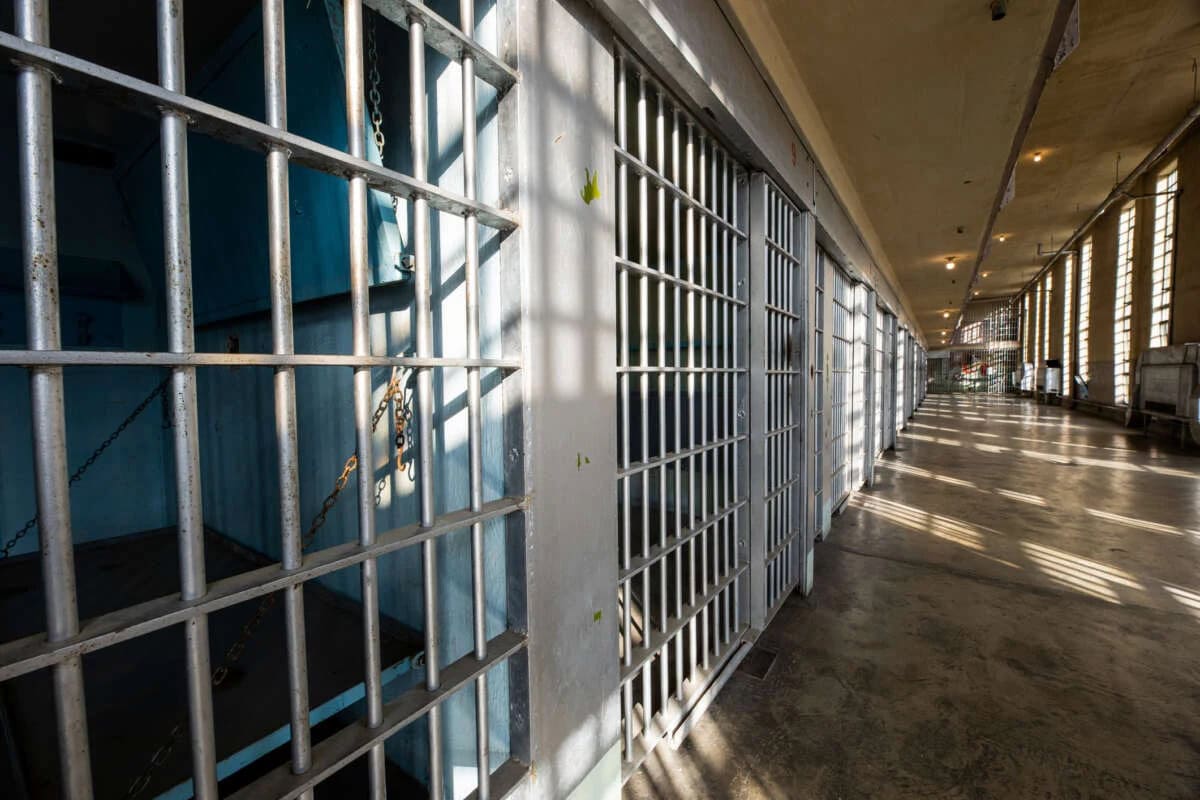
In Body and Soul, a pathbreaking examination of the Black Panther Party’s abiding commitment to health activism, Alondra Nelson recounts how Bobby Seale, Huey Newton, and other party leaders came to prioritize the pursuit of health and healing as vital to their survival — in more ways than one. As the Panthers’ reputation for armed resistance to police violence and demands for a society that left no Black or poor people behind grew in the public eye, so did their criminalization, incarceration, surveillance and even death at the hands of state actors. Combined with disenchantment with the insufficient civil rights gains of the 1960s, evident in the enduring precarity of the so-called war on poverty, the party bolstered its focus on a key aspect of its platform: their people’s health. Serving the people, body […]











Even after serving time, people are criminalized for life ensuring their inability to reclaim their life. The entire legal system is complicit in that they coerce confessions, pressure juries, tell the defense what evidence they can present, over charge, impoverish families and thus have an impact on the welfare of families. Prisons and courts have become their own profiteering ecosystems.